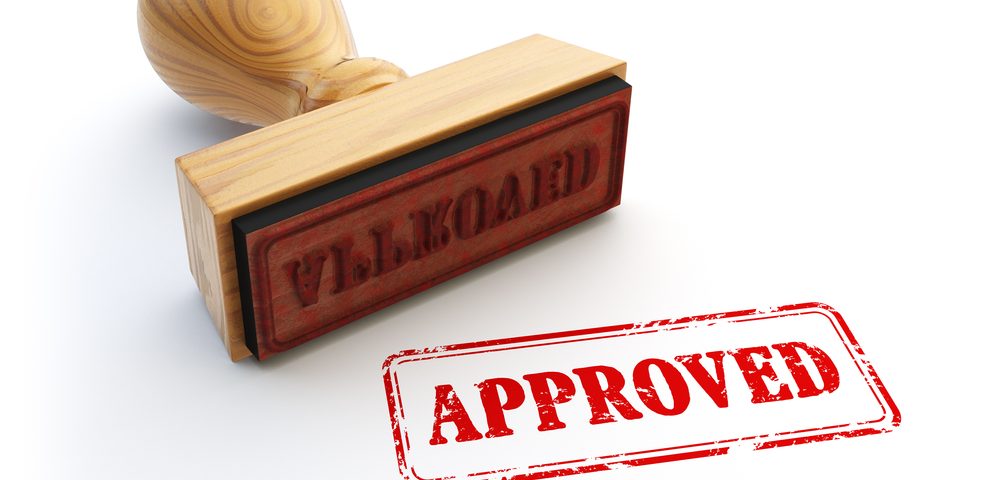Yonsa was recently approved by the U.S. Food and Drug Administration, in combination with methylprednisolone, for the treatment of metastatic castration-resistant prostate cancer.
The announcement was made by Sun Pharma and Churchill Pharmaceuticals.
Yonsa is a new formulation of abiraterone acetate, an already approved hormone therapy for men with advanced, castration-resistant prostate cancer, sold under the brand name Zytiga (Janssen Biotech).
The new medication is a result of a partnership between Sun Pharma and Churchill. It uses a proprietary technology to create a smaller particle size, or micronized, formulation of abiraterone acetate tablets that improves its bioavailability — how much of it reaches the blood and is able to exert a therapeutic effect.
The technology developed by Churchill improves the therapy’s solubility — its ability to dissolve in the stomach and intestine — which is essential for achieving optimal effectiveness and safety.
By decreasing the size of the particles containing abiraterone acetate, the overall surface area of the therapy in contact with the gastrointestinal fluids increases, which promotes solubility and absorption in the digestive tract.
Previous studies showed that the ultramicrosize formulation of Yonsa can double the bioavailability of abiraterone acetate compared to Zytiga.
In 2017, the FDA accepted Churchill’s new drug application (NDA) for Yonsa, based on the positive results obtained from the Phase 2 STAAR clinical trial (NCT02737332).
The trial enrolled 53 men with metastatic castration-resistant prostate cancer, randomly assigned to receive either 500 mg of Yonsa once daily plus 4 mg of methylprednisolone twice daily, or 1,000 mg of Zytiga once daily plus 5 mg of prednisone twice daily.
Both treatments lowered testosterone levels in nearly all patients (90%), proving that both are therapeutically equivalent. However, treatment with Yonsa is able to provide the same degree of testosterone reduction at half the dose (500 mg) compared with Zytiga (1,000 mg).
Yonsa also showed a comparable safety profile to Zytiga.
“We are pleased to add Yonsa to our growing oncology portfolio and continue to deliver on Sun Pharma’s commitment for enhanced patient access to innovative cancer therapies,” Abhay Gandhi, CEO of Sun Pharma, said in a news release.

